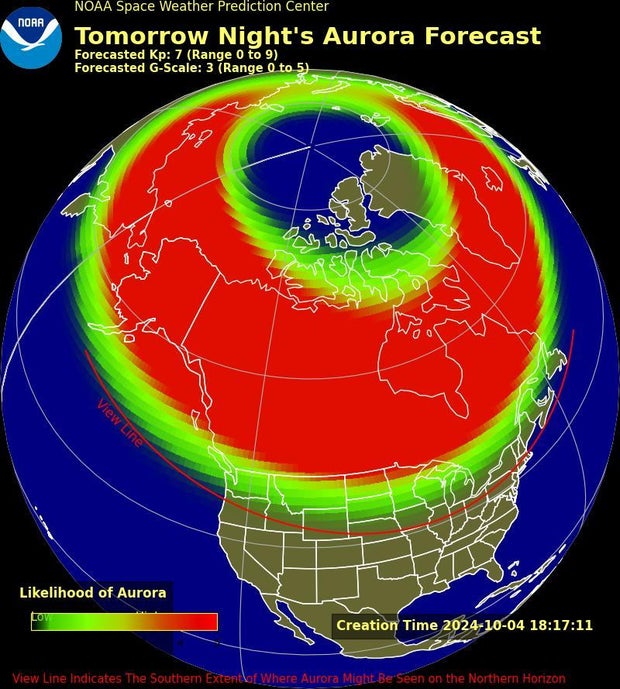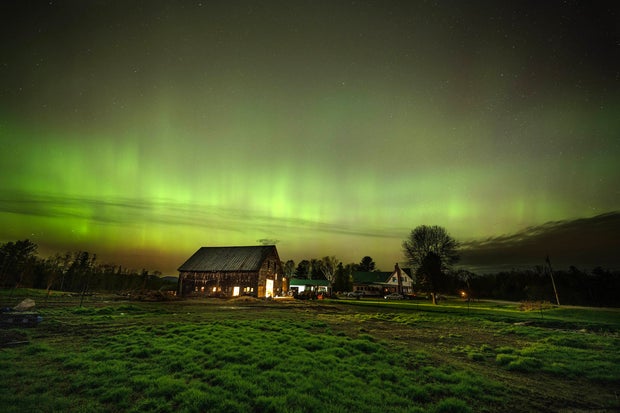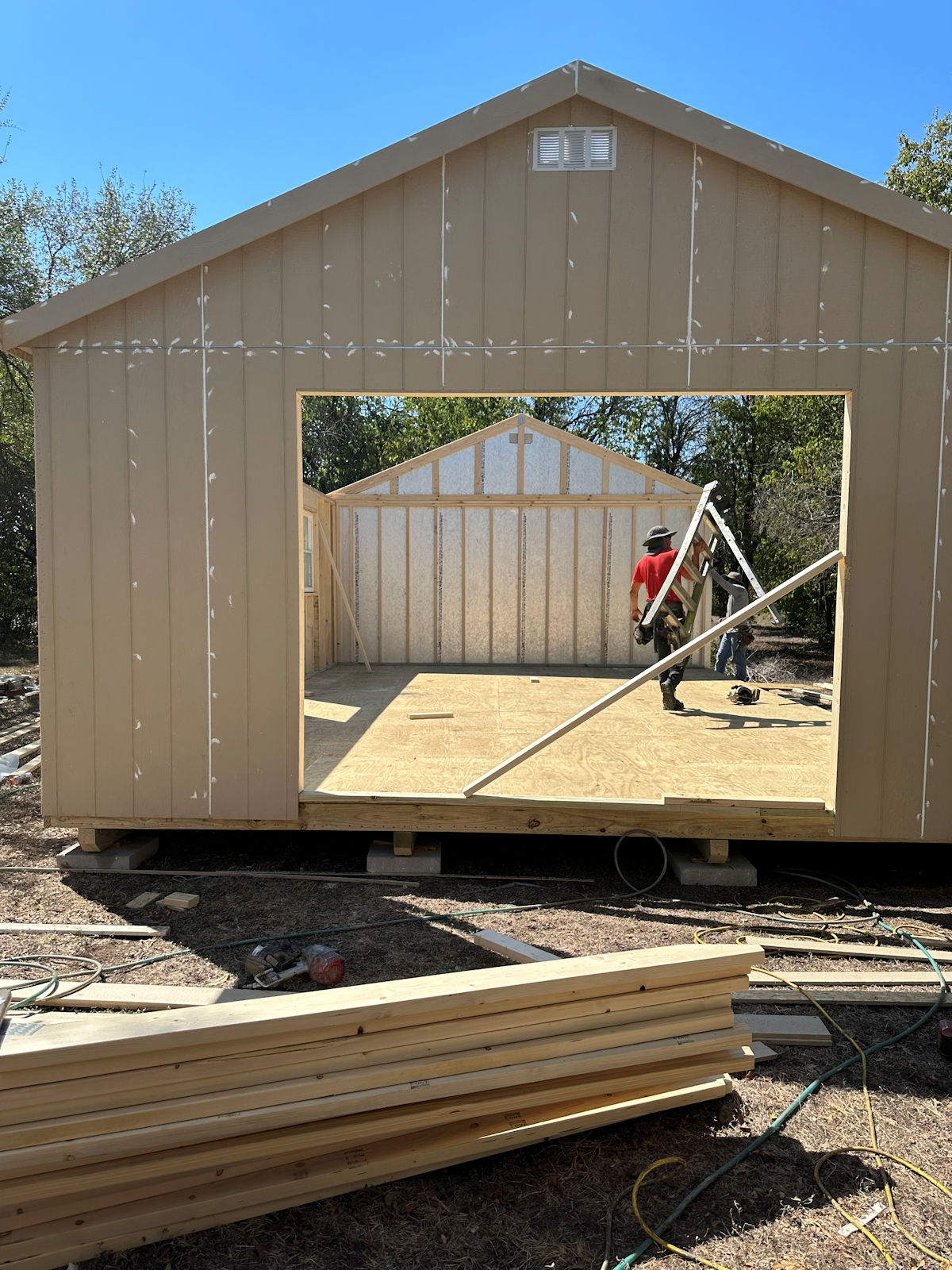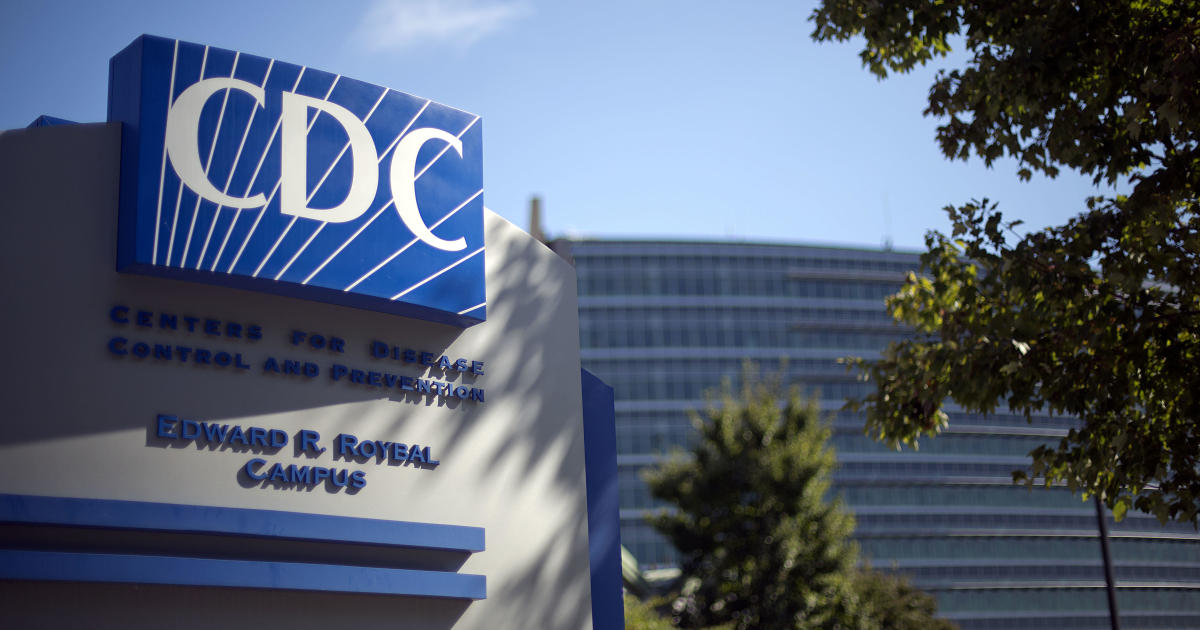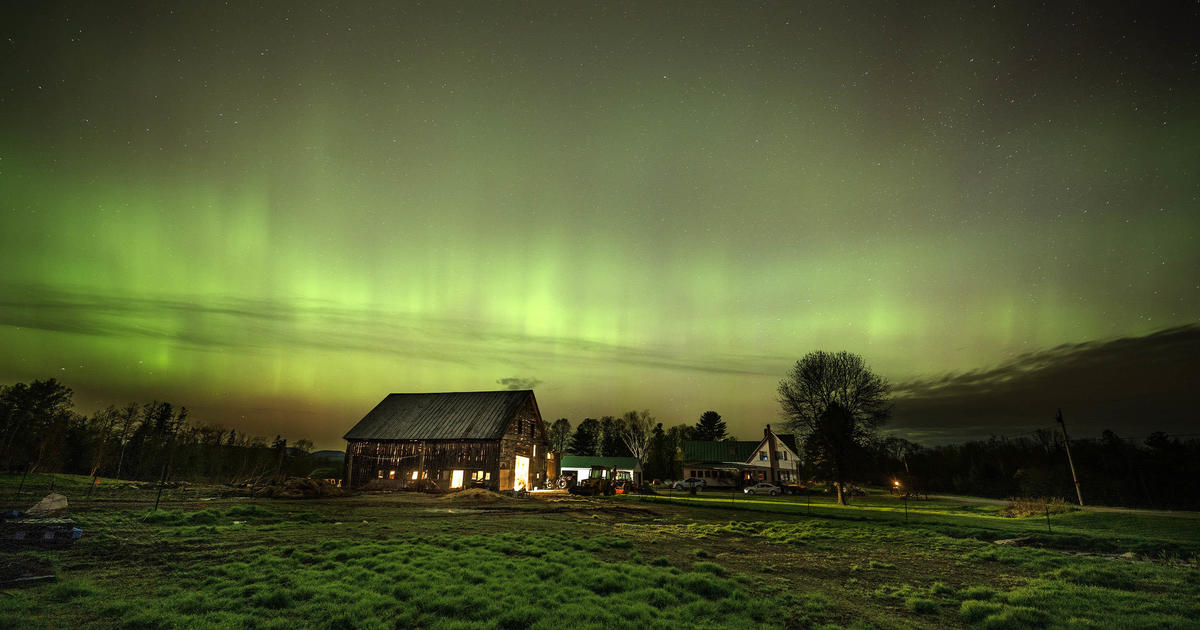
The northern lights could dazzle millions of Americans in some northern states this weekend. An eruption of solar material from the sun earlier this week could lead to a show of the aurora borealis if the weather conditions are right, officials said.
The eruption, called a coronal mass ejection, prompted the federal government’s Space Weather Prediction Center in Colorado to issue a geomagnetic storm watch for Friday, Saturday and Sunday to alert people about potential disruptions to navigation, power and radio systems.
What time will the northern lights be visible tonight?
The northern lights can be seen just after sunset and just before sunrise, but it’s best to go out at night and away from city lights, according to the center.
The center recommends viewing the northern lights between 10 p.m. and 2 a.m. local time. According to the center, the best times of the year to see the aurora borealis are around the spring and fall equinoxes. The fall equinox was on Sept. 22.
Where can you see the northern lights tonight?
The northern lights could be seen as far south as Iowa, Oregon and Pennsylvania, according to the center.
If the conditions are right and the northern lights are bright, they can be seen from as far as 620 miles away, according to the center.
Northern lights map for tonight
The center released a map showing the northern lights forecast for Friday night. The map illustrates the predicted intensity of the aurora borealis over North America with a line showing how far south the lights could be seen on the northern horizon.
Space Weather Prediction Center
Northern lights map for tomorrow night
The center also released a map for Saturday night.
Space Weather Prediction Center
Parts of the country were treated to the northern lights last spring when a powerful geomagnetic storm reached Earth. While the storm expected this weekend is considered to be strong, it’s not supposed to be as powerful as the one in May.
Michael Seamans/Getty Images
NB: Ratingmania is a place to find the finest discounts on the internet and all the necessities.
Source url www.cbsnews.com
National Oceanic and Atmospheric Administration, National Weather Service, Aurora Borealis, Science, Northern Lights

